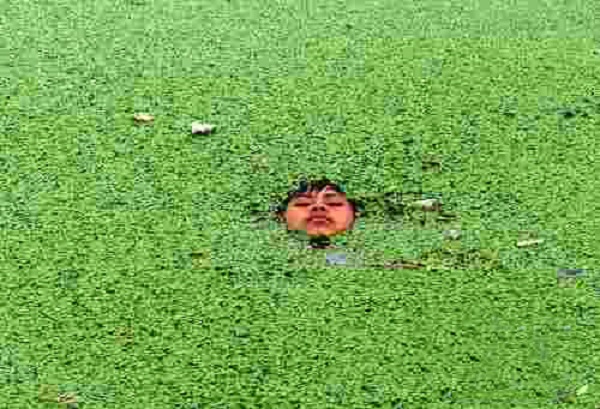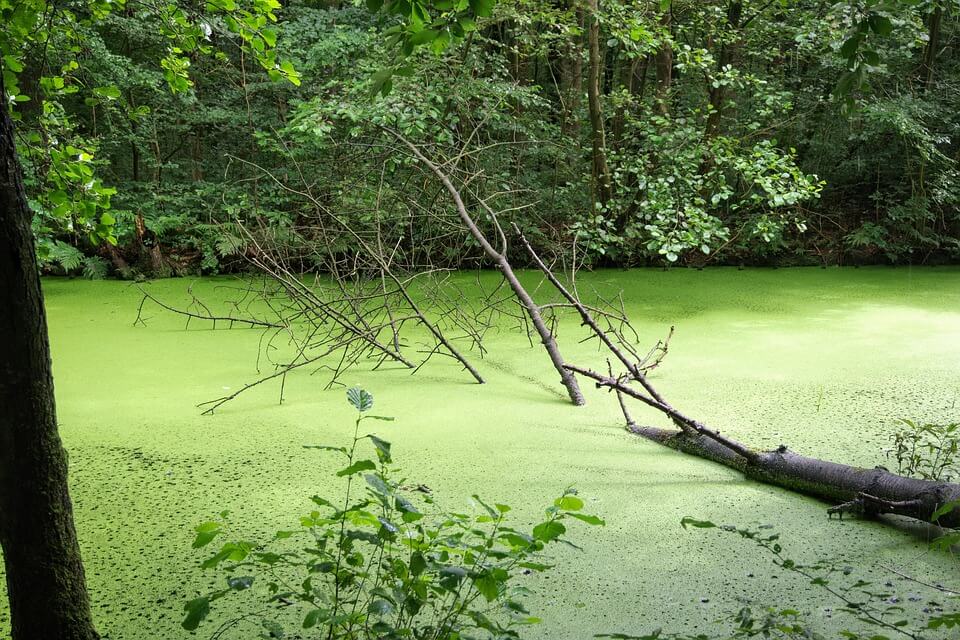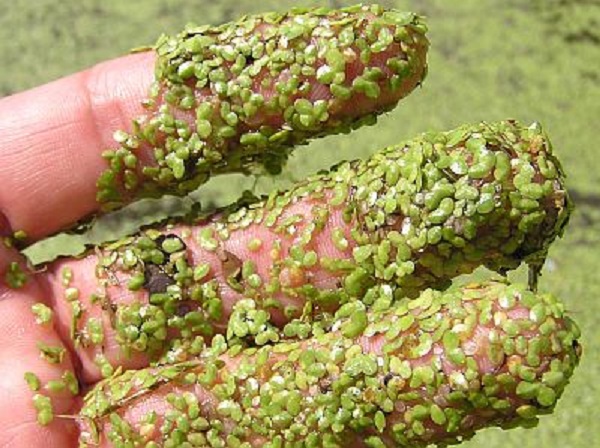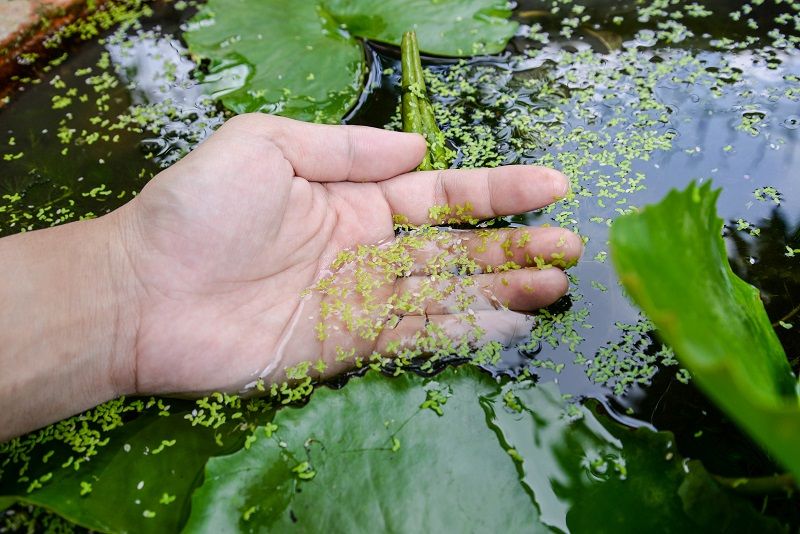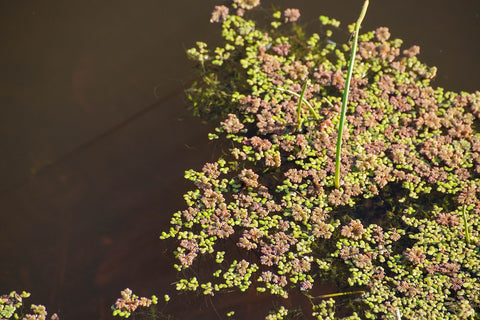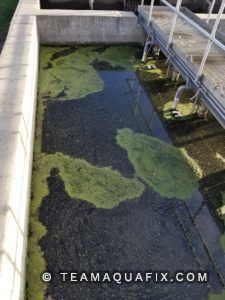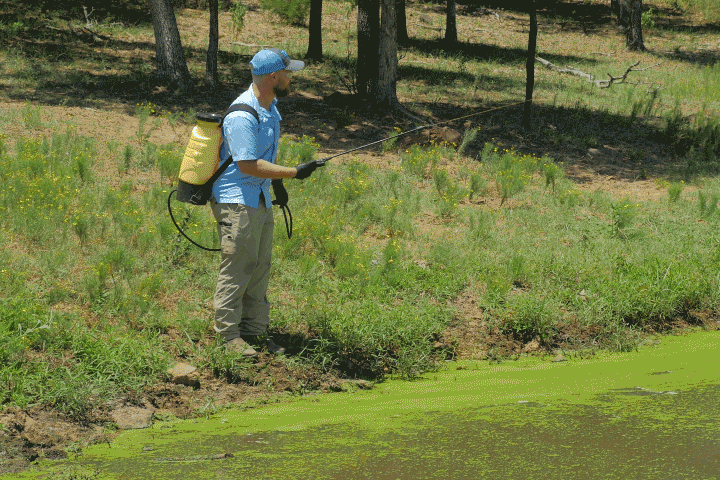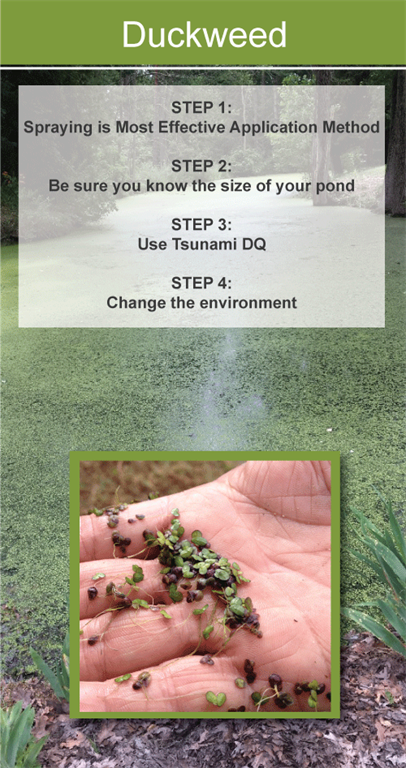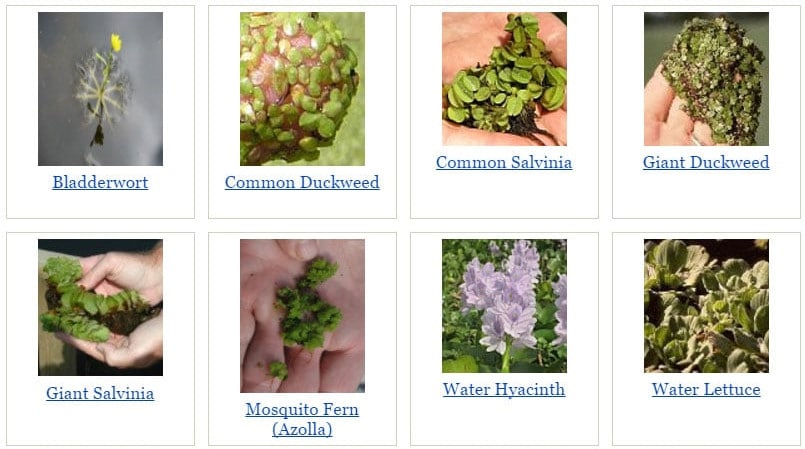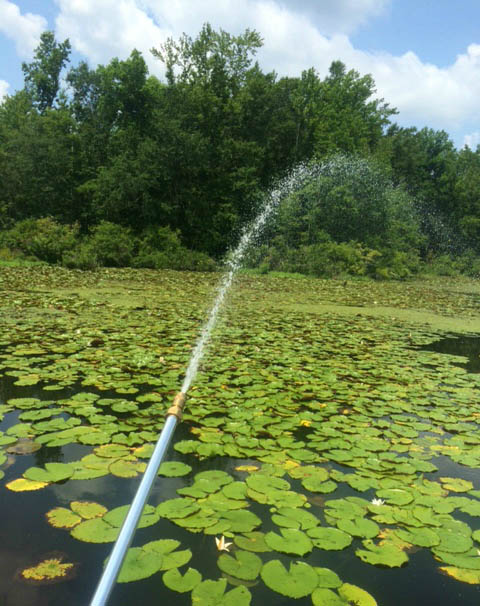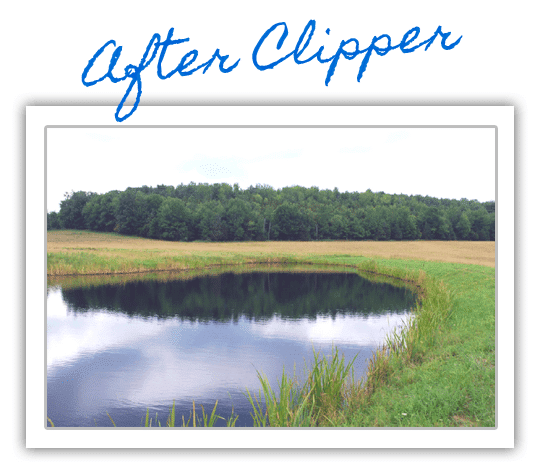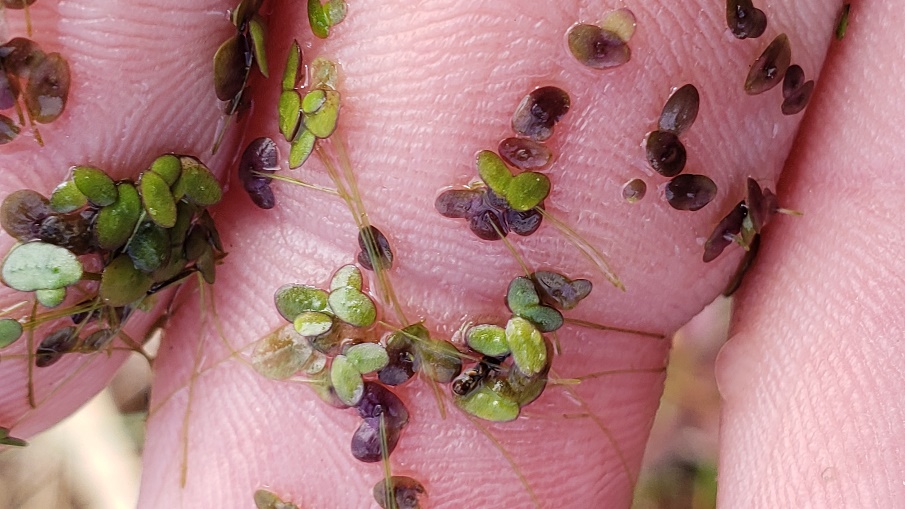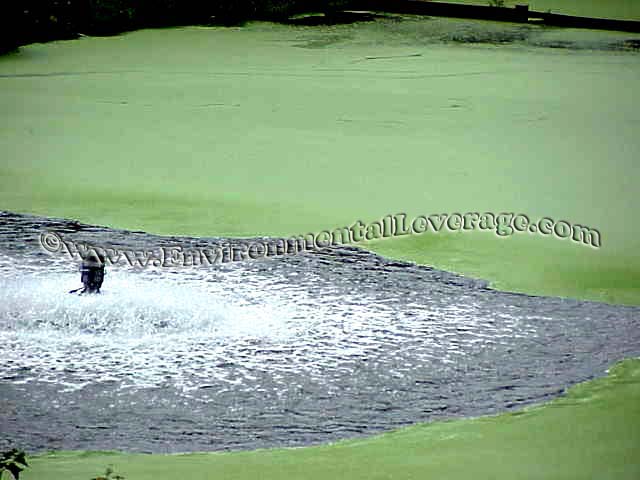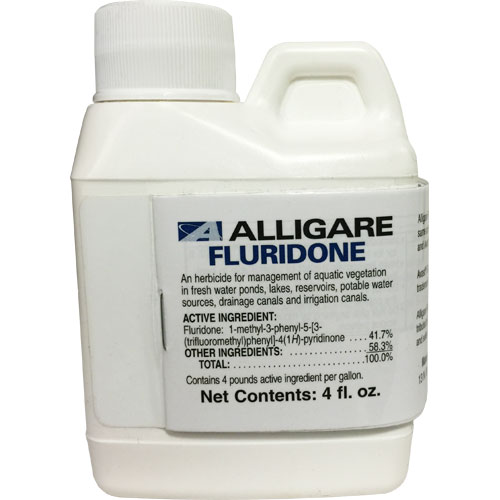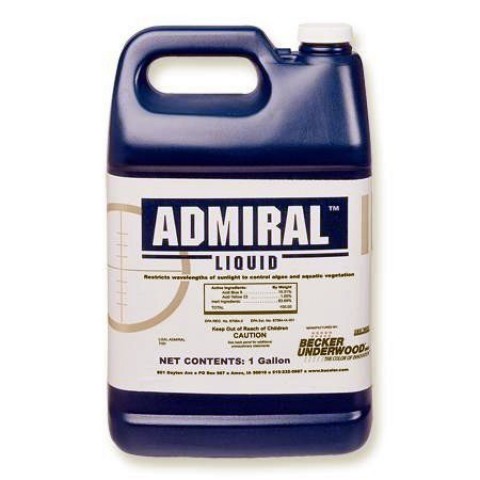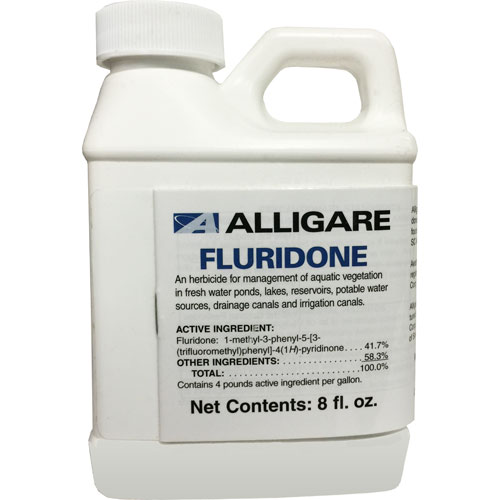Chemical Duckweed Control
This gives the best result when you want to use a chemical herbicide to control duckweed.
Chemical duckweed control. You will have to use the maximum recommended dosage of tsunami dq which is 2 gallons of product per acre. These spores can survive the winter and produce new duckweed when the winter is over. But there are some species of duckweed that can produce spores. Step 3 use the pond herbicide tsunami dq to get existing duckweed under control.
Control duckweed and persistent floating and submerged pond weeds in your pond all season long in one treatment of airmax fluridone wipeout. Duckweed can tolerate a wide range ph between 4 5 and 7 5 as well as temperatures between 68f 20c and 86f 30c making duckweed a challenging aquatic plant management issue worldwide. This problematic aquatic weed grows in u s. Failure to follow these instructions will result in wasted time and money.
Skimming plants off the. One duckweed control method is by raking or skimming it off the pond s surface. By adding an aeration system you can eliminate duckweed completely or limit the growth to the edges which are easily reachable with a hand skimmer. Testing water beforehand and improving conditions alongside manually removing the duckweed is the best method for control and safe fish keeping.
Duckweed control includes the removal of leaf buildup on the bottom of the pond. If you have only a small duck weed problem using a good quality net should be sufficient to clean out most of the weeds. One chemical control used for the treatment of watermeal and duckweed contains the active ingredient fluridone 41 7 percent. Best control is obtained when discharge can be stopped for 45 days or longer.
Follow these specific steps to ensure you are applying the product appropriately. Control controlling duckweed and watermeal is difficult and challenging. Catch falling leaves in autumn before they reach the pond floor by placing netting or other material on top of the water as a partial. This chemical is available under the trade name of sonar.
Yes duckweed dies off in the cold weather. For effective duckweed control and removal at a reasonable cost and without environmental damage or risk to water users choose which pond solution. Does duckweed die off in winter. There are non chemical and chemical management options.
Nutrient reduction deprives duckweed of what it must have to grow and spread and decreases the need for chemical duckweed killer. Non chemical methods non chemical control options start with eliminating obvious sources of nutrients such as lawn fertilizers leaf litter and drainage from feedlots. It can take 45 to 60 days for the chemical to work in the water before you see bleaching turning white of the weeds. Depending on the depth of your pond your dosage rates will change.
